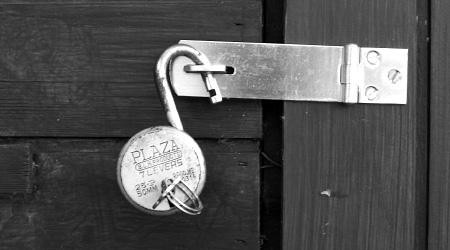About Short Term Unsecured Loans

Financial emergencies sometimes happen and without an cash reserve it may be necessary to acquire a short term unsecured loan to cover unexpected expenses. Applying for a traditional personal loan from a bank or credit union takes time to check your credit and handle the necessary paperwork which may not be fast enough for some consumers. There are many benefits to short-term unsecured loans but is important to understand the limitations to avoid any problematic complications which may arise from their use.
Many short-term unsecured loans have term lengths of a few weeks to many months. The duration will depend on the type of loan you are seeking and from which lender you borrow the money. The duration component is important because of the corresponding effective annual percentage rate as well as what hoops you may need to jump through to qualify. The shorter the loan term, the higher the interest rate which may make it cost prohibitive in all but the most dire circumstances. When analyzing the loan agreement, be sure it has a corresponding APR to know whether or not you are paying an appropriate interest rate or if it's excessive.
The most complicated aspect of short-term unsecured loans for most consumers is in fact the unsecured nature itself and not the loan length. Many consumers can deal with a short term loan but it may be impossible to get a loan in the first place without proper collateral. Unsecured by definition means there is no underlying tangible asset to protect the lender in case of borrower default. Short-term secured loans include title loans and payday loans which are backed by a car title an employee paycheck and checking account respectively. Without collateral, lenders will charge even higher interest rates than are normally associated with short-term loans. It may also limit a consumer's options as there are more short-term loans of a secured nature than unsecured.
It's a common misconception that short-term unsecured personal loans are only offered by loan sharks or other distributable entities and can never be paid in full. There are in fact many national and regional short-term unsecured loan operators which, like any lender, adjust their terms and interest rates according to the borrower and their credit worthiness. Much like dealing with sub-prime mortgages or bad credit auto loans, businesses merely shift their risk to account for higher default rates, missed payments and the need for repossession, garnishment or other legal actions.
The best way to avoid the need for a short-term unsecured loan is to consistently contribute to an emergency fund at your primary financial institution. By periodically saving $10, $20 or even $50 per month, many consumers can avoid the need to take out short-term unsecured loans which can jeopardize their credit or risk loan operators filing a lawsuit for debt repayment. The entire purpose of an emergency fund is to expect the unexpected and plan for one time medical expenses or auto repairs.
Short-term unsecured loans can be a valuable financial tool used correctly and sparingly by consumers. As with any legally binding contract read all documentation thoroughly and ask questions about areas you do not understand such as payment requirements and penalties. Receive a copy of the agreement and try to repay the loan as quickly as possible to avoid any significant financial repercussions. Once penalties and interest start being applied to the outstanding balance, many consumers get in over their head which is why short-term unsecured loans are considered so dangerous.







